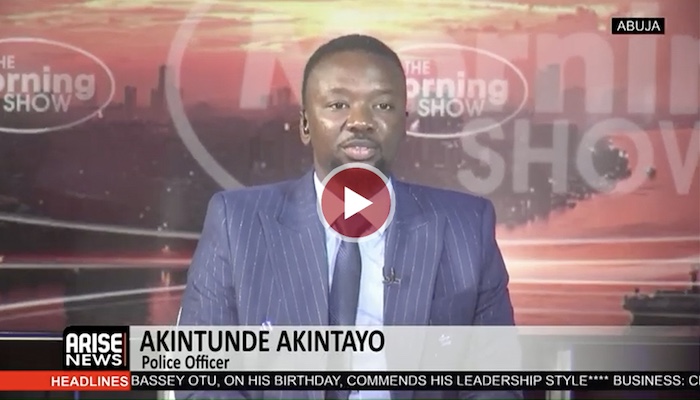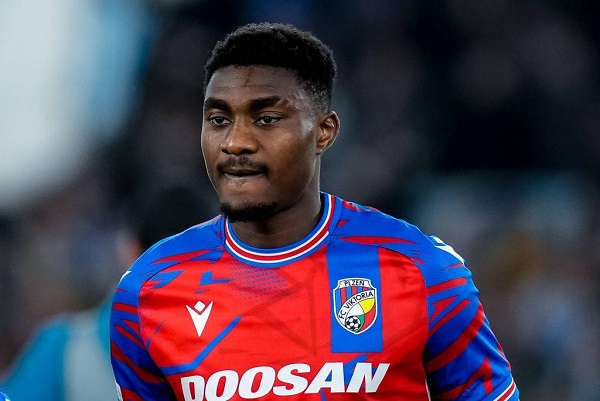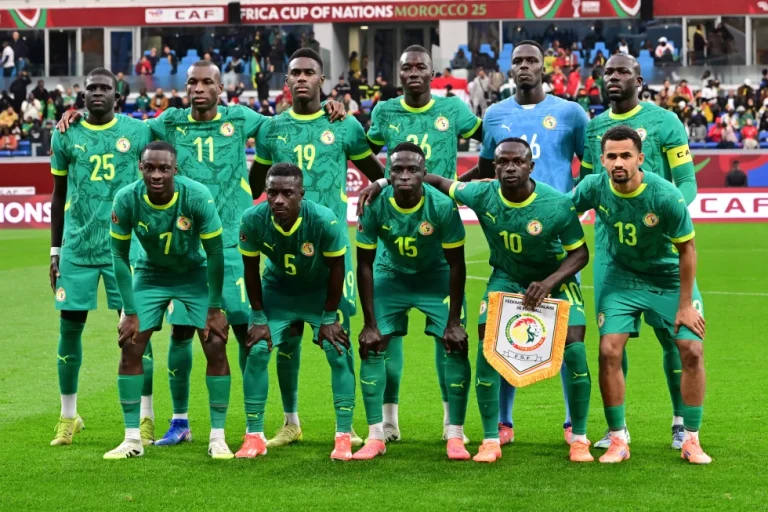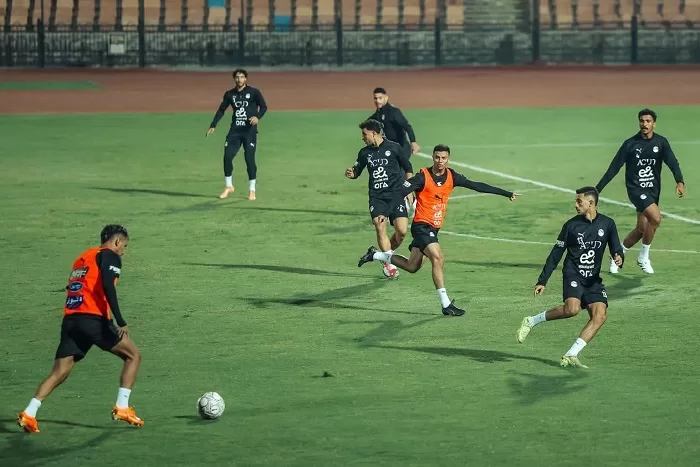
Akintunde Akintayo, a Nigerian-born officer currently serving in Washington DC’s Metropolitan Police Department, has issued a passionate call for urgent reforms within Nigeria’s policing system, emphasising that poor welfare, lack of adequate training, and cultural biases are undermining the effectiveness of the Nigerian Police Force and, by extension, the country’s fight against insecurity.
In an interview with Arise News, Akintayo drew a sharp contrast between policing structures in Nigeria and those in the United States. With more than a decade of service in one of the US most visible law enforcement agencies, his insights offer both practical and moral imperatives for reform. He argued that the perception of the police as enemies of the people must be corrected and that starts with better pay, community engagement, and a focus on human dignity.
“Nigerian police welfare is very poor, I will be honest,” he said. “Providing them a good welfare would be helpful in terms of security. Because me, as a police officer in the US, I’m like a guardian. I’m the face of the people.”
According to him, the first responder role police officers play cannot be effective unless officers themselves feel secure and supported. “I’m the first person the people see when they have a problem. I’m the first person they call. They want me to rescue them, they want me to help them out. And I can’t do that if I don’t have good relationship with the community.”
He believes a sense of protection must flow both ways from police to citizen, and from the system to police. “If I actually put my life on the line, what is going to happen to my own family, what is going to happen to me, even when I’m gone?”
He revealed that during a 2019 visit to Nigeria, he was profiled and harassed by officers because of his hairstyle an experience that opened his eyes to systemic bias. “Yes, I was referring to 2019, where I experienced that kind of a bad situation, I don’t think your look should be your identity.”
He added that the root problem extends beyond the police, noting that Nigeria’s broader cultural attitude plays a role. “I think the problem is our culture. It’s not even the police alone. It’s just the culture of Nigeria and how you see people.”
Despite holding advanced degrees and serving in a prestigious US agency, Akintayo said he was judged solely on appearance. “I have a bachelor’s, I have a master’s degree. I have a good professional job in the US, but that doesn’t make me a bad person because I’m making my hair.”
At the heart of Akintayo’s proposal is a complete revamp of police training in Nigeria. “We already know what the problem is for Metropolitan Police Department. Once we know what the problem is, then we change our policy. And by changing our policy, that means we are giving training.”
He explained that in the US, training doesn’t just involve firearms or arrest procedures it includes communication, de-escalation, and even patrolling without weapons. “We are trained to actually talk to the community without even having a weapon on. That’s always our last resort.”
In contrast, Akintayo noted a disturbing trend in Nigeria where the gun becomes the first not the last response. “Police are not supposed to be a war front. We are seen as a guardian. We should be a guardian to our community.”
He emphasised that a cultural shift in policing would not happen overnight. “This is not a rocket science, and it’s not going to happen in a day. It’s going to take time. But we have to start by training our officers in how to deal with the community.”
On Insecurity, Intelligence, and Armed Conflict
Touching on the ongoing crisis in Nigeria’s Northeast, where terrorist groups like Boko Haram and ISWAP operate, Akintayo advocated for the central role of police in intelligence-gathering.
“Police is the first intel personnel you can use,” he said. “And for you to use the police as the first intel, they need to be well equipped. They need to be well taken care of. They need good welfare package.”
According to him, deploying the military without leveraging police intelligence capabilities undermines long-term solutions. “The police are the first line in terms of law enforcement. Before you now go to using military, the police force is still the first in line that can help provide good intel.”
He firmly rejected the idea of negotiating with terrorists. “I won’t advise for federal government to be negotiating with terrorists. When you negotiate with terrorists, that doesn’t mean they’ll stop. They just come back and demand for more.”
Akintayo disclosed that starting salaries for police officers in Washington, DC are currently $70,000 per annum. More importantly, those figures are regularly adjusted to match inflation and cost of living.
“Since 2020, we’ve had pay increases about three times based on the cost of living,” he said. “We have a union that represents us, goes to the government, goes to our council member and requests for pay increase.”
He questioned whether Nigerian police officers enjoy any form of advocacy. “I don’t think Nigeria police are union members that just represent them and go to the government and ask for demand.”
On whether Nigerian citizens should be allowed to bear arms an increasingly common debate, he said, I don’t think we should make that legal for everyone to bear arms. And if the government decides to allow everyone, we need to do a thorough background check.”
He raised a critical point, “Do we have a system in Nigeria that actually does a background check on everyone?”Without such systems, he warned, the result could be catastrophic.
Reflecting on his own journey, Akintayo said he won a visa lottery and moved to the UD with a clear goal, to serve in uniform.
“I started as a correctional officer. I did that for five years, and I told my colleagues that I would be a police officer. They laughed. But I applied. I was hired. I’ve been there for 10 years now.”
He emphasised that opportunity exists, but intention matters. “There’s always an opportunity for young people, but do you know what you actually want to do?”
Beyond his role as a street officer, he also serves on specialised units like the crisis intervention team, honour guard, and family support. “We are just 12 in the whole department. We visit every officer that got injured or maybe lose their life.”
He said he chooses not to complain but to serve. “I don’t want to be part of the problem but the solution.”
When asked for his three top recommendations to the Nigerian government, Akintayo didn’t hesitate, “Please and please provide more welfare packages to these officers because they are the front line.”
He added that the burden shouldn’t fall on the government alone. “We have NGOs in the US that take care of families of law enforcement officers when they die, Even when you have a loan, they clear the loan, they take care of your kids.”
He appealed directly to Nigerians, “Once the police force sees that the community cares about them, then I think it will help. We will actually care more about the community as well.”
Erizia Rubyjeana



